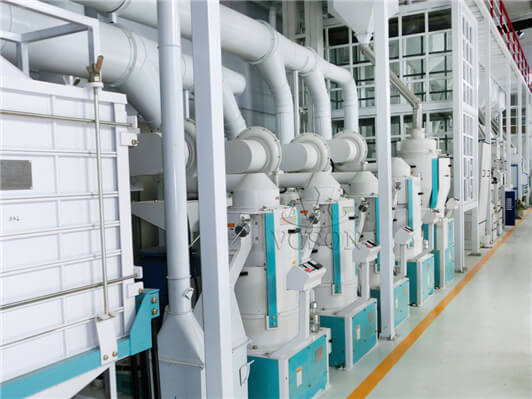The Cost of Establishing a Rice Mill: Key Considerations
Setting up a rice mill is a significant investment that requires careful planning and financial considerations. Understanding the cost of establishing a rice mill is crucial for aspiring entrepreneurs and investors in the rice industry. In this article, we will delve into the various expenses involved in starting a rice mill, highlighting key factors to consider and providing insights into optimizing costs.
- Land and Infrastructure Costs:
Acquiring suitable land and constructing or renovating infrastructure are essential initial steps in establishing a rice mill. The cost of land varies depending on location, availability, and size requirements. Additionally, constructing or renovating buildings to house the mill, storage facilities, and office space will contribute to the overall expenses.
- Rice Milling Machinery and Equipment:
Investing in high-quality rice milling machinery and equipment is paramount to ensure efficient and productive operations. The cost of the machinery will depend on factors such as capacity, automation level, and technological features. It is advisable to research reputable suppliers and compare prices while considering the specific processing needs of the mill.
- Utility Expenses:
Running a rice mill requires significant utility expenses, including electricity, water supply, and fuel. These costs can vary depending on the scale of the operation and the region's energy prices. Implementing energy-efficient practices and exploring renewable energy options can help reduce long-term utility expenses.
Exploring the Expenses Involved in Establishing a Rice Mill
- Labor Costs:
Labor costs constitute a substantial portion of the overall expenses in a rice mill. Hiring skilled workers, technicians, and administrative staff is essential for smooth operations. Properly training and managing the workforce can optimize productivity and minimize labor-related costs.
- Regulatory and Licensing Fees:
Complying with regulatory requirements and obtaining necessary licenses and permits are crucial steps in establishing a legal and compliant rice mill. The associated fees can vary depending on the location and specific regulations governing the rice industry.
- Maintenance and Repair Expenses:
Maintaining and repairing machinery and equipment is an ongoing cost that should not be overlooked. Regular maintenance routines and prompt repairs are essential to ensure optimal performance and extend the lifespan of the equipment. Allocating a portion of the budget for maintenance and repair expenses is essential for long-term sustainability.
Conclusion:
The cost of establishing a rice mill encompasses various elements, including land, infrastructure, machinery, utilities, labor, regulatory compliance, and maintenance. Careful planning, budgeting, and research are crucial for accurately estimating and managing expenses. By understanding the key cost factors and optimizing expenditures, aspiring rice mill owners can set a solid foundation for a successful and sustainable venture in the rice processing industry.If you are looking for a reliable supplier of rice mill machines, contact us today. We have a wide range of models and prices to suit your needs and budget.

